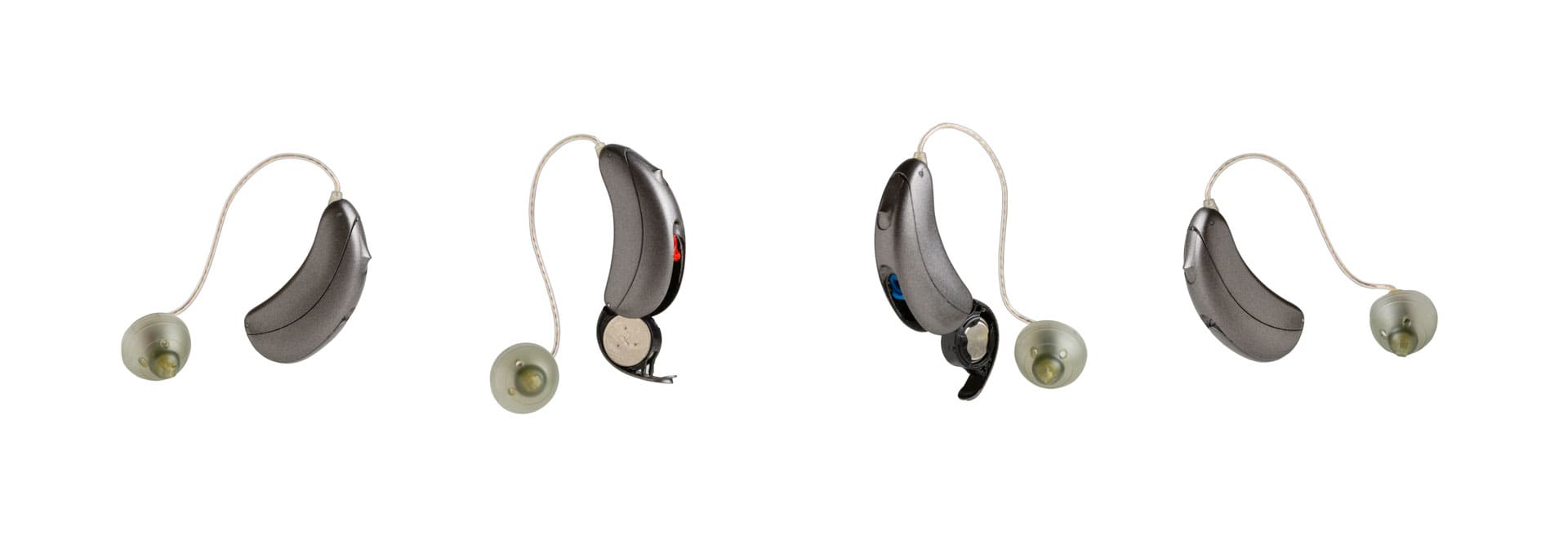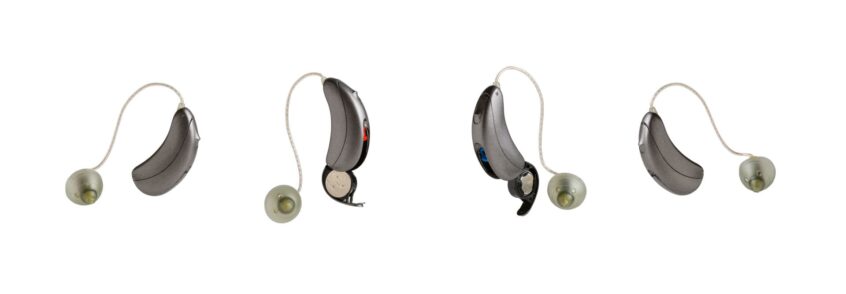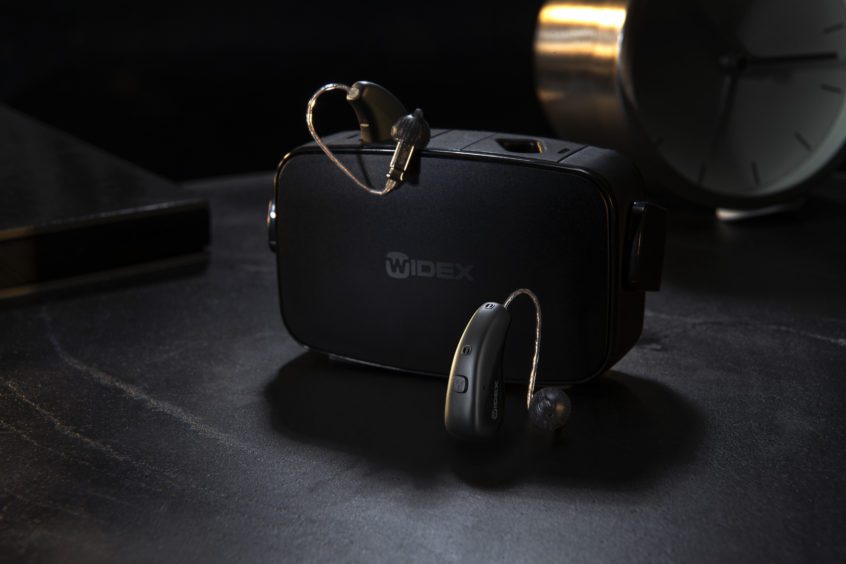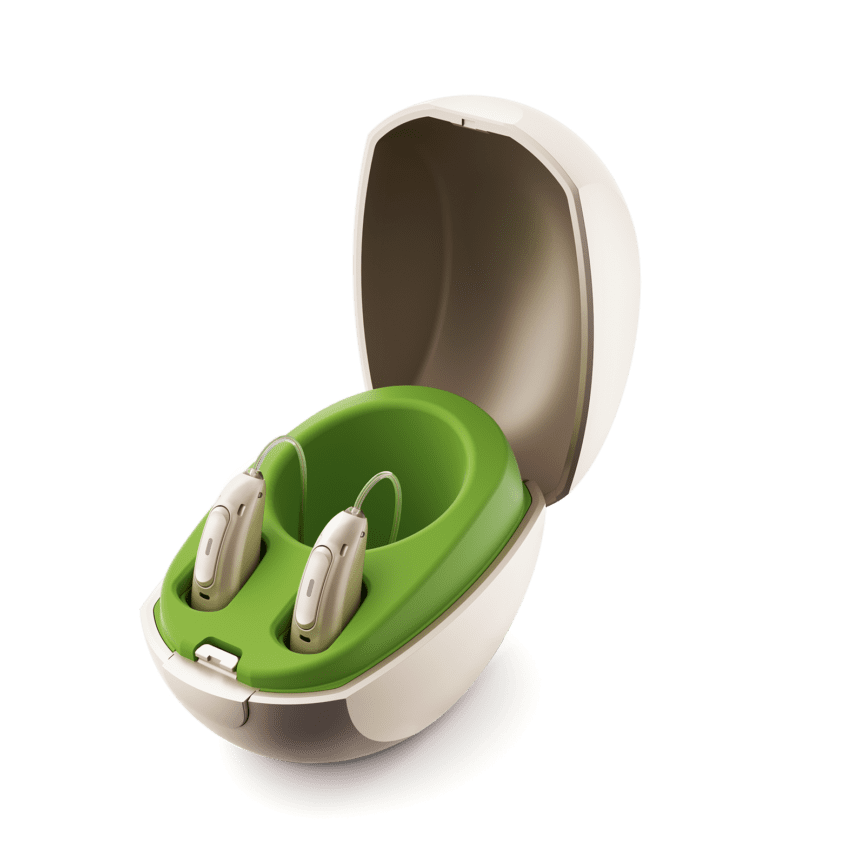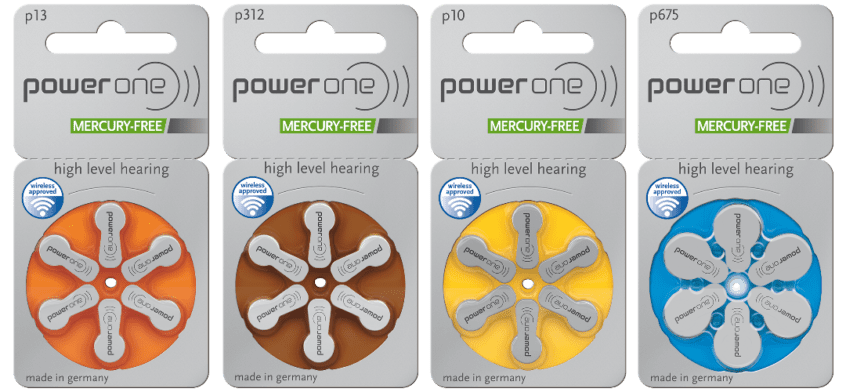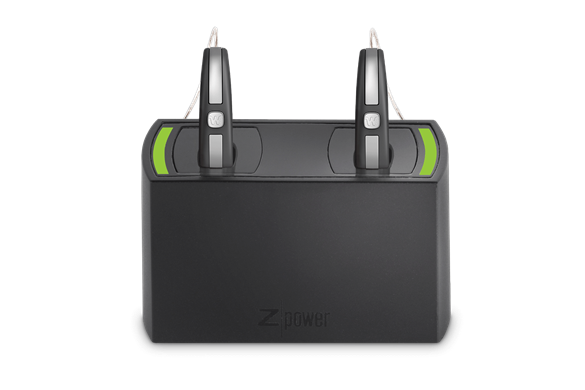Button-sized disposable batteries are generally safe, but they can be dangerous if swallowed, especially by children and pets. Now a new law, called Reese’s Law, has been enacted, requiring child-resistant packaging for these batteries. Generally, button-sized disposable hearing aid batteries are safe, but according to the National Capital Poison Control Center, every year in the United States, more than 3,500 … Read More
Disposable vs. Rechargable Hearing Aid Batteries
If you’re thinking about purchasing hearing aids, you also may be considering rechargeables, one of the latest innovations in the industry. While many consumers think they would prefer rechargeable to disposable batteries, there are lots of factors to consider when making this choice. Here are some of the key issues to keep in mind. About Rechargeables In the big scheme … Read More
The Great Debate: Rechargeable vs. Disposable Batteries
Rechargeable vs. Disposable: It’s only been about four years since the first rechargeable hearing aids hit the market, and since that time, they’ve become increasingly popular with consumers. After all, many people are interested in conserving energy and doing as much as possible to preserve the planet. Rechargeable devices seem “greener” and consumer friendly. But before you jump on the … Read More
Hearing Aid Battery Do’s and Don’ts
How to Extend the Life of Hearing Aid Batteries A survey of 1,000 hearing aid users done by Hearing Tracker found that the most popular hearing aid battery size is 312. In addition, the average hearing aid user wears their hearing aids 13 hours a day, and their batteries last an average of seven days. Powering up your hearing aids … Read More
Battery Basics for Hearing Aid Users
Understanding Batteries for Hearing Aid Users For most people who wear hearing aids, hearing aid batteries are an absolute necessity. They keep your hearing aids powered up and in top working condition. Recently, Hearing Tracker, an online resource, surveyed 1,000 hearing aid users about their hearing aids and battery usage. Here are some highlights: The average hearing aid user reports … Read More
The Pros and Cons of Rechargeable Hearing Aids
Whether you’re interested in rechargeable hearing aids because you have difficulty handling traditional hearing aid batteries, or you want a “greener” power option, most of the major hearing aid manufacturers, including Widex, ReSound, Oticon, Phonak and Starkey, now offer rechargeable hearing aid options. But let’s take a closer look at the pros and cons of this technology. Advantages of Rechargeable … Read More
5 Factors That Affect How Long Hearing Aids Last
Hearing aids are a significant investment for many people which improve their quality of life and ability to communicate with friends and family. But the fact remains that most hearing aids have a limited lifespan, and that lifespan may range from three to seven years, depending on the type of hearing aid, where it is purchased, how it is serviced, and … Read More


